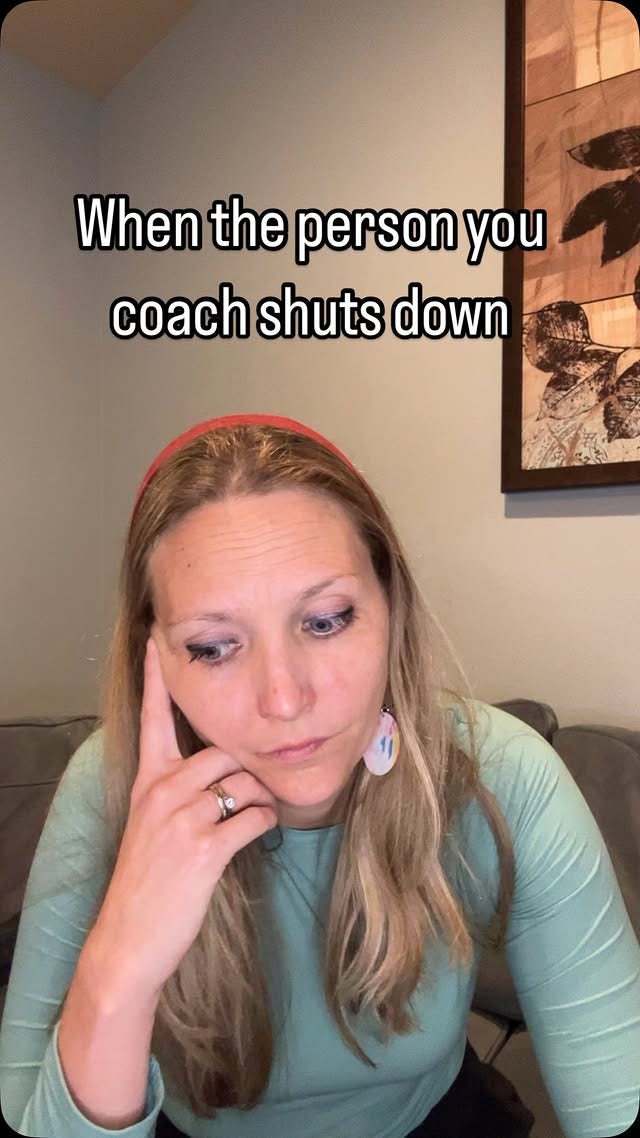Disruption Invites Belief Repair
What if the most compassionate thing we can do… is disrupt someone’s thinking?
Jennifer sat across from me, arms crossed, voice flat.
“I just don’t think my students are ready for that level of discussion. They can’t handle it.”
She wasn’t cruel. She wasn’t even defensive—just tired. Worn down from months of pushing uphill. She believed what she said. Somewhere along the way, that belief had calcified into truth.
But I knew it hadn’t started there. It never does.
So I asked, “When did you first start to feel like that?”
She paused. Her eyes drifted to the corner of the room, then back to me.
“I guess… it was last year. I had this one class—tough kids and I had no idea what I was doing. I tried everything, and it just blew up in my face.”
There it was. The belief wasn’t about her students.
It was about her pain.
Most people don’t cling to harmful beliefs because they want to.
They’re protecting themselves from what letting those beliefs go would mean.
That’s why disruptive coaching doesn’t just correct behavior—it repairs belief.

Beliefs Aren’t About Facts
They’re about meaning.
About belonging.
About survival.
So when a coach says:
“What’s underneath that belief?”
“Is that still serving you?”
“What might this be protecting?”
They’re not just inviting reflection.
They’re offering repair.
A way to examine the original function of a belief without collapsing under the weight of it.
Disruption Is How We Untangle Action from Identity
“I didn’t give students enough voice” becomes → “I must be a bad teacher.”
“I missed something about race” becomes → “I’m racist.”
“I’ve made mistakes” becomes → “I shouldn’t be in this role.”
Without belief repair, those thoughts spiral.
Shame hardens.
Growth stops.
But when we help someone step outside of the belief—just long enough to get a clearer view—we create room for something else:
“That belief helped me survive a different environment.”
“That mindset made sense when I had less awareness.”
“That reaction protected me once—but it’s not who I want to be anymore.”
Brené Brown calls this shame resilience—the ability to confront hard truths without judgment and stay in the conversation.
“Shame corrodes the very part of us that believes we are capable of change.”
— Brené Brown, The Gifts of Imperfection
This is why disruption, when done well, isn’t destructive. It’s redemptive.
It’s the moment where someone gets to rewrite their story—without erasing who they were in the old one.
Coaching Insight
When we disrupt gently and skillfully, we help people realize:
This belief made sense then.
But I’m not in that season anymore.
And I get to choose something better now.
That’s not correction. That’s liberation.
You’re probably wondering… HOW?
How do you actually do belief repair without sending someone spiraling or shutting down?
That’s the book, my friends.
I’m 40,700 words in and not slowing down.
More to come. Stay tuned.
But, in the meantime, here’s something practical:







